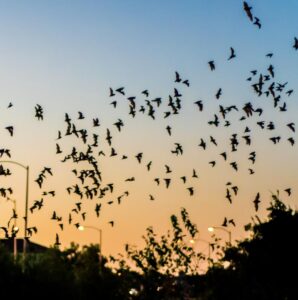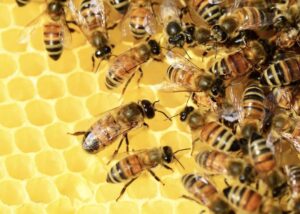
Irritable bowel syndrome (IBS) is a common disorder that affects the large intestine. Symptoms include abdominal pain, bloating, gas, diarrhea, and constipation. IBS can be a debilitating condition, especially for older adults.
There is no cure for IBS, but there are treatments that can help relieve symptoms. Many people with IBS find that dietary changes, such as avoiding trigger foods and eating a high-fiber diet, can help. Stress reduction and relaxation techniques may also be helpful.
Some medications can also be used to treat IBS symptoms. These include antispasmodics, which relieve abdominal pain; laxatives, which help with constipation; and antidepressants, which can help with both pain and depression.
If you or a loved one has IBS, it is important to talk to a doctor to find the best treatment approach. These ten tips can help you manage IBS in the elderly and improve quality of life.
The original article can be found here: https://www.unifiedcaring.org/ten-tips-for-managing-irritable-bowel-syndrome-ibs-in-the-elderly-a-comprehensive-guide/?utm_source=rss&utm_medium=rss&utm_campaign=ten-tips-for-managing-irritable-bowel-syndrome-ibs-in-the-elderly-a-comprehensive-guide



